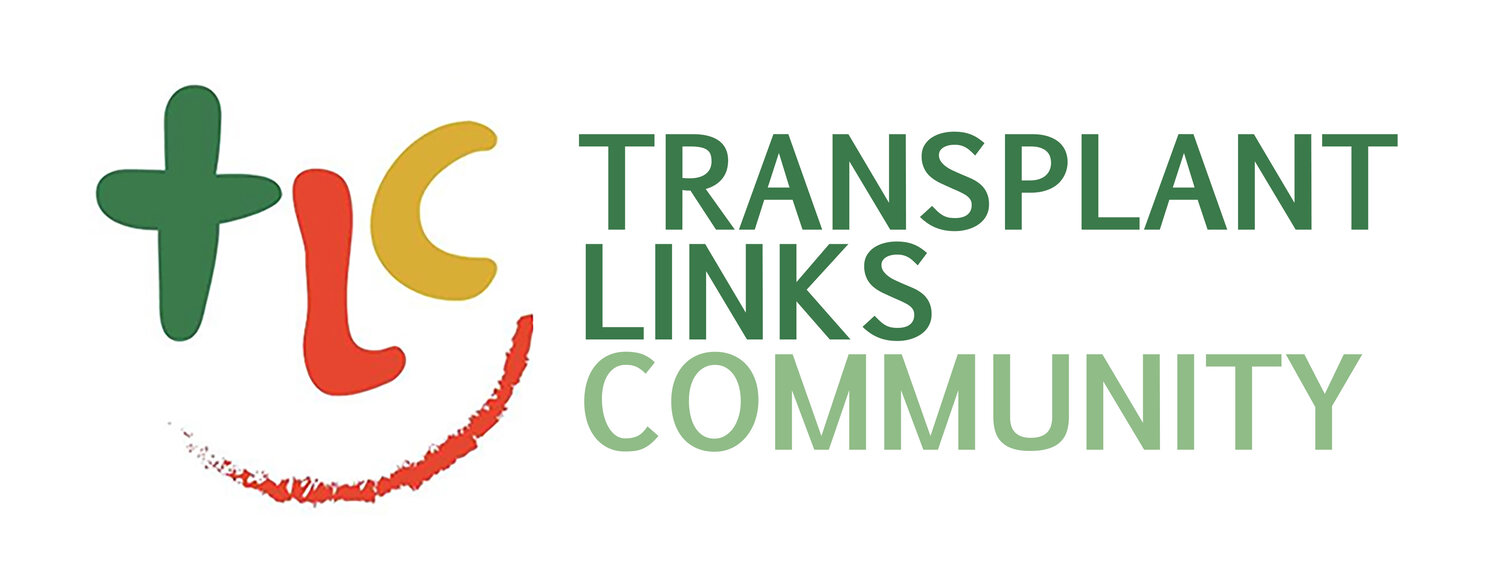
Kidney failure: a hidden emergency.
End stage renal failure (ESRF) is when a person’s kidneys completely stop working. It is the final and permanent stage of chronic kidney disease. Without any treatment at all, a patient’s life expectancy is around 8 days. A patient who presents with ESRF must start dialysis immediately, and will have to continue with dialysis treatment for the rest of their life or until they can have a transplant.
The outlook for someone with kidney failure in many low and middle income countries is worse than if they had HIV/AIDS. Kidney failure often goes undiagnosed and untreated. The rate of kidney failure is so high (accounting for nearly 10% of hospital admissions in Africa), yet the only treatment available is dialysis.
What is dialysis?
Dialysis is a type of renal replacement therapy which involves the patient being connected to a dialysis machine which filters the blood, mimicking the job that the kidneys cannot now do. There are two types of dialysis: hemodialysis and peritoneal dialysis. For the majority of patients, three treatments of hemodialysis are needed per week. Unfortunately, many patients in low and middle income countries can’t afford dialysis, and in many countries it is unavailable, particularly for children. Patients therefore die unnecessarily. Dialysis is time consuming and exhausting, offering a short and poor quality of life.
What is the benefit of a transplant?
Living donor kidney donation is the donation of a kidney from a living, fit person to someone with kidney failure. TLC works with centres to develop a living kidney donation program where healthy relatives only can donate a kidney to save their family member with kidney failure. A live donor kidney transplant has the potential to dramatically improve quality of life, and is cost effective in comparison to dialysis. It is now part of everyday medicine in developed countries, yet so many people are dying for want of a transplant elsewhere.
This surgery is commonplace in developed countries, and is a highly successful procedure, allowing the patient to return to near-normal life. They can be free of dialysis, return to work or school, and contribute to society again. Live donor kidney donation is accepted in most cultures, and many first-degree relatives are willing to donate. TLC only supports living kidney donations within families, often from parent to child. Giving a parent the opportunity to save the life of their own child is the inspiration behind the work of TLC.
